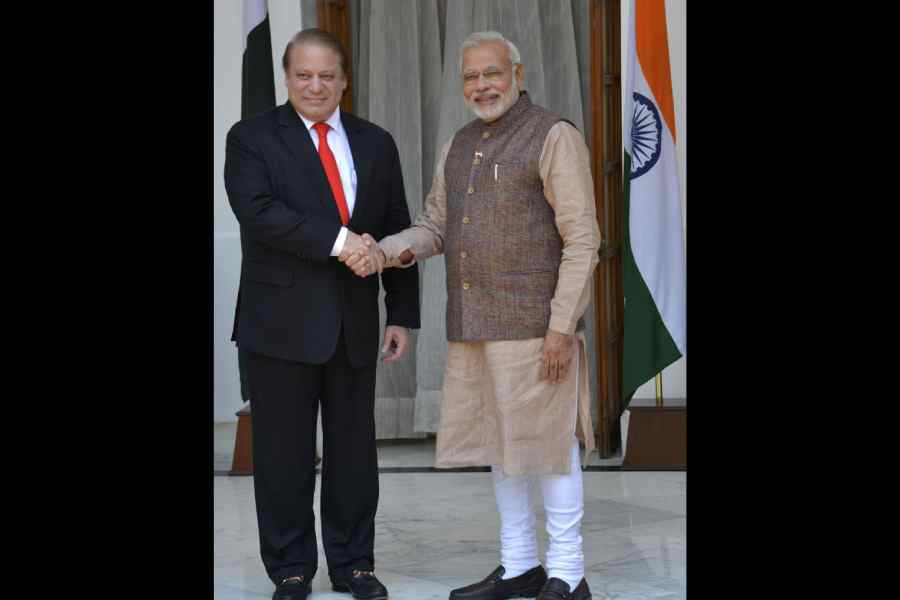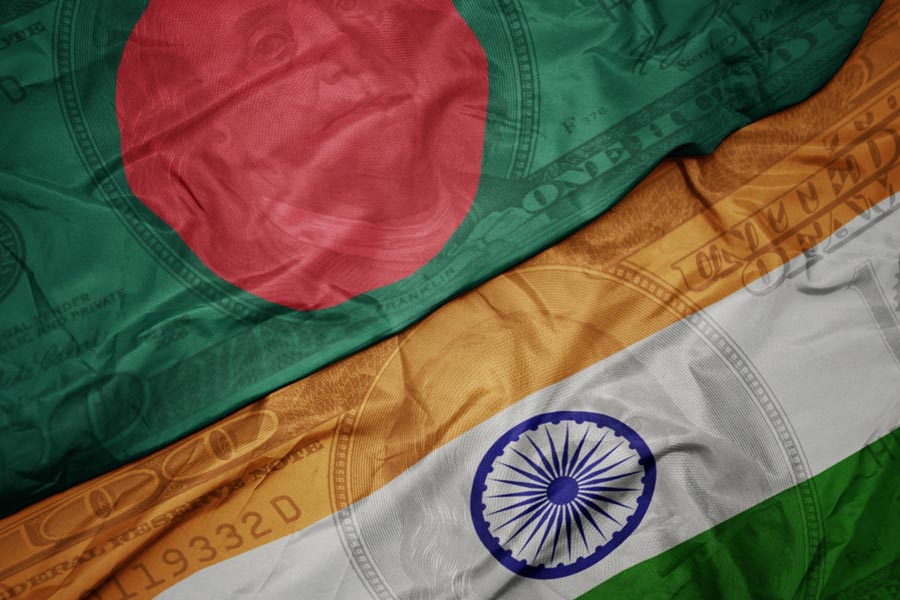You know it’s election season in India when the Indian prime minister, Narendra Modi, starts attacking Indian Muslims and Pakistan. At his rallies, Modi has described Muslims in India as “infiltrators” and as those “who have more children”. Of course, it doesn’t matter to him or his supporters that the theory of ‘Muslims having more children’ has been debunked several times with facts. It also doesn’t matter to him or his supporters that calling a community infiltrators is tantamount to challenging its loyalty. He also alleged that if the Congress comes to power, the wealth of ordinary citizens will be given to Muslims. This is, of course, another lie; but who cares about the truth when hate sells? Divisive and anti-Muslim policies have won Modi two consecutive terms. He may see a third term despite what his rule has done to the fabric of Indian society.
As for Pakistan, Modi said in an interview recently that for the last 10 years, “I have put a lock on Pakistan being a factor in running India. Let Pakistan manage two square meals. We don't need to waste our time.” Some believe that attacking Pakistan will be interpreted as an indirect attack on Indian Muslims and would, thus, facilitate the dog-whistling phenomenon. This is quite plausible. We have seen how Pakistan is a regular topic in Indian elections. For instance, when the Pakistani politician and a former minister of the Pakistan Tehreek-e-Insaf government, Fawad Chaudhry, shared Rahul Gandhi’s video on X with a comment praising it, Modi used it to target Congress and accused Pakistan of supporting that party. Modi’s attempt to derive political mileage out of an innocuous tweet by a politician may appear strange, but then again this was about cementing the Congress’s image as a pro-Pakistan, pro-Indian Muslim entity.
There is, however, also a difference in how Pakistan has been looking at its relations with India. From the governments of Benazir Bhutto and Nawaz Sharif in the 1990s to Pervez Musharraf’s dictatorship to the civilian governments since 2008, everyone has advocated for peace with India, normalising relations with India, and opening up trade with India. In an article in The Express Tribune, the journalist, Kamran Yousaf, writes: “Since Modi’s rise to the throne in 2014, he changed the rules of engagements with Pakistan, though he did invite Nawaz Sharif to his swearing-in and made a surprise stopover in Lahore. With India’s rise as an economic power and its ever-burgeoning ties with the US because of China, New Delhi feels it has no compulsion to make peace with Pakistan. That was the reason that there has been no structured dialogue between the two countries since 2011. There had been some efforts through backchannels during the second term of Modi but those could not break the logjam. What furthered [sic] compounded the challenge was Modi’s unilateral move to annex Jammu and Kashmir through revoking the special status of the disputed territory.”
There’s a view in India that Pakistan should be ignored because India does not ‘need’ Pakistan economically. The reason why Pakistan talks about peace, while also talking about the Kashmir issue, is because it understands that one cannot ignore a neighbour or wish it away. Pakistan cannot change its geography. Neither can the two neighbours afford a war. Peace and cordial relations with India would enable Pakistan to focus more on its own people instead of the festering tensions.
Mehmal Sarfraz is a journalist based in Lahore; mehmal.s@gmail.com











